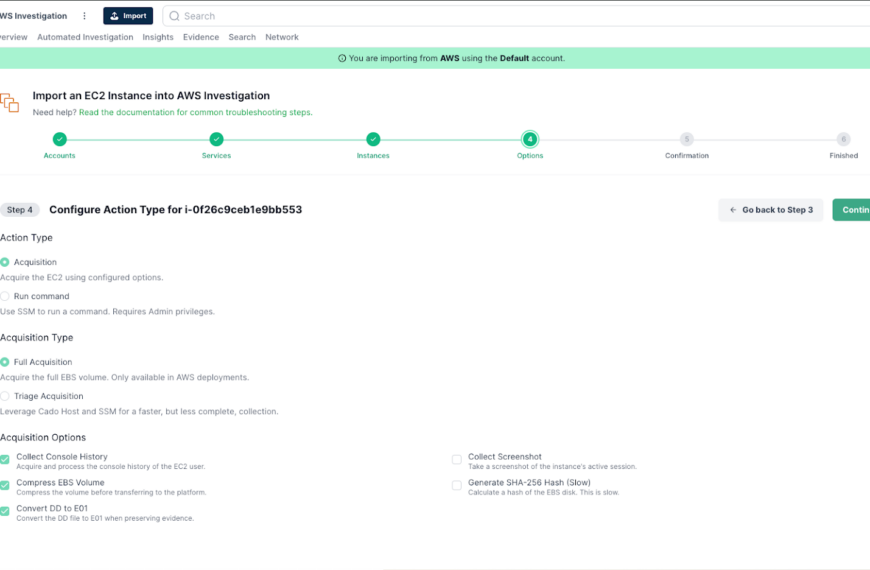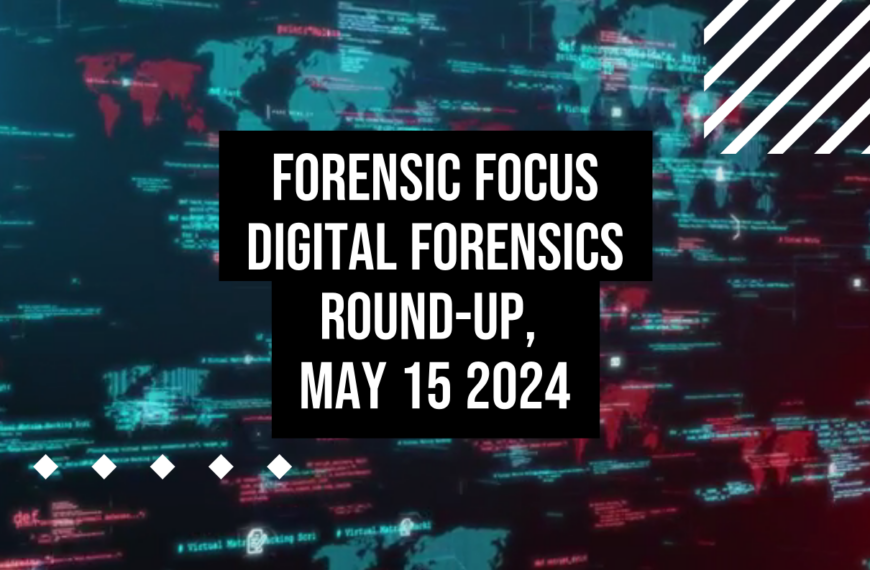It’s business and personal – for both criminals and law abiding citizens. That means law enforcement agents have no choice but to follow the social trend, said Todd Shipley, International President of the High Tech Crime Investigation Association. “Police need to consider the Internet another of their neighborhoods,” said Shipley, a former detective sergeant with the Reno Police Department. “That means both a reactive presence, to investigate crime, and a proactive presence, to help citizens educate and protect themselves…”Shipley spoke this month to a variety of law enforcement groups about these issues. His presentations follow the Electronic Frontier Foundation's release of a Justice Department do*****ent describing, among other investigative activities, undercover work online. Privacy groups have criticized such policies for their lack of accountability and oversight.
“Law enforcement does need to create and regularly review policies to ensure their work on the Internet does not cross legal or ethical boundaries,” said Shipley. “However, this has been true of investigations for decades. Concerns about liability should not keep agencies from allowing officers to follow wherever their investigations lead them.”
At the Social Media in Law Enforcement (SMILE) Conference in Washington, DC, Shipley told attendees about the importance of policy in driving effective reactive and proactive strategies, and the ingredients of a good policy. Said Lauri Stevens, conference organizer and principal of Boston-based LAwS Communications, “A social media policy governing investigative procedures is becoming increasingly important for law enforcement agencies. Todd Shipley has provided an immensely important topic as only someone with his background and knowledge could. He was a huge asset to the success of The SMILE Conference.”
The following week, to prosecutors, investigators and school resource officers at the quarterly Massachusetts Attorney General's Cyber Crime Initiative Training, Shipley spoke about how criminal investigators could use social networking to their advantage. Attorney General Martha Coakley said, “Our office’s quarterly meetings are designed to ensure that police officers and prosecutors are equipped to handle today’s cyber crimes as well as traditional crimes with a cyber element. Todd’s presentation on the use of social networking sites by law enforcement at our meeting on cyberbullying was incredibly well-received and provided invaluable information that will help our law enforcement in their cyber investigations.”
Prior to these engagements, Shipley had been in New Jersey, training law enforcement and private investigators over two days about Internet-based investigations. The training was sponsored by Shipley’s Reno-based company, Vere Software, a solutions provider for online investigation via its WebCase software and its training programs. This month, Shipley is also training FBI agents in the Boston field office on WebCase, and in coming months will be training Nebraska state police.
ABOUT HTCIA:
The High Technology Crime Investigation Association (HTCIA) is designed to encourage, promote, aid and effect the voluntary interchange of data, information, experience, ideas and knowledge about methods, processes, and techniques relating to investigations and security in advanced technologies among its membership.
###














